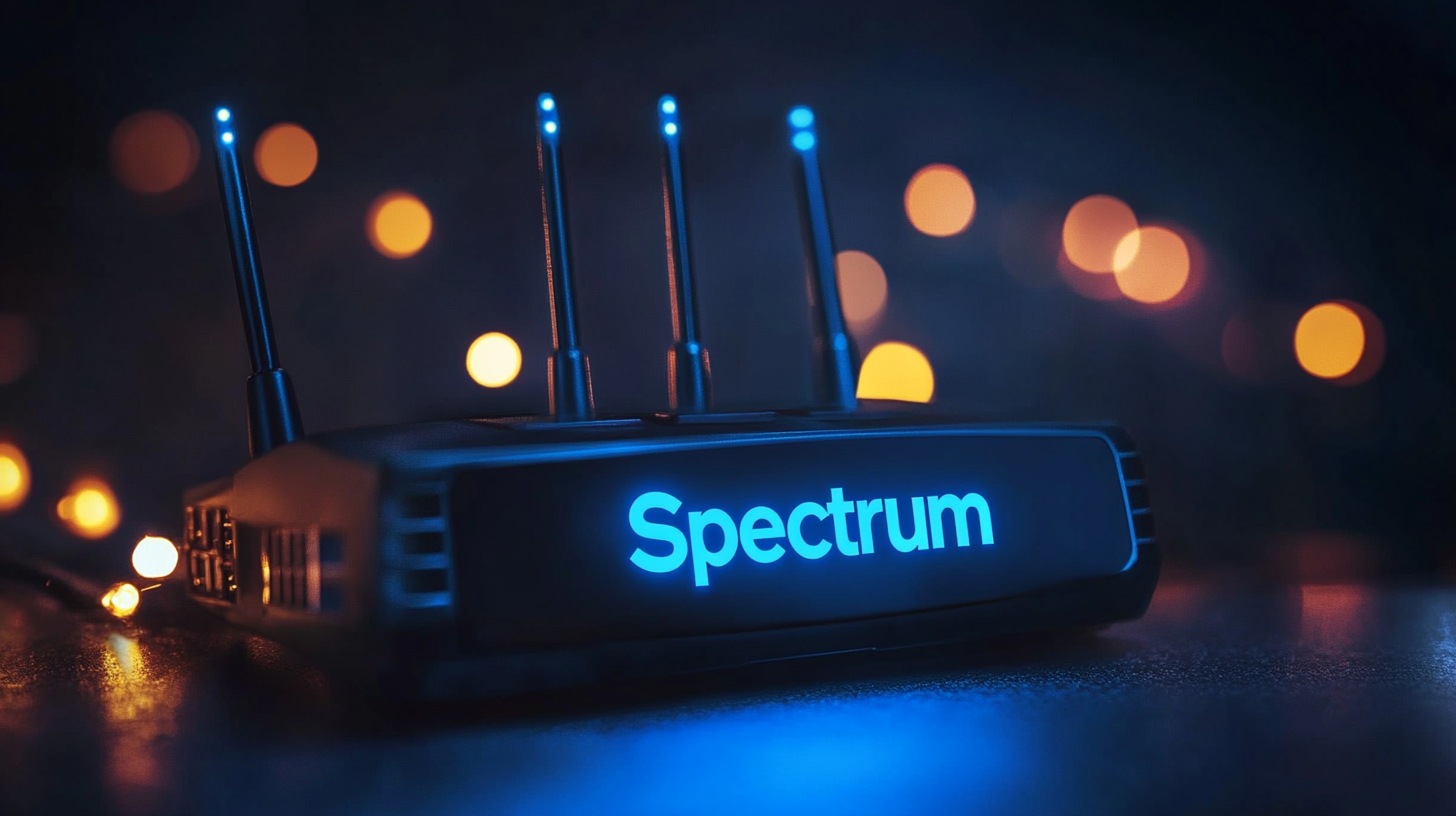Understanding an Internet Service Contract
Tue Jan 01 2019
|Internet ServicesWhen you sign up for internet service, you want to be sure that you know what you’re getting into from the beginning. This is especially if it comes with an internet service contract

When you sign up for internet service, you want to be sure that you know what you’re getting into from the beginning.
This is especially if it comes with an internet service contract. Contracts are known for being confusing and containing hidden “gotchas.” Don’t risk losing to fine print.
The idea of contracts alone may be enough to get you thinking. When you start seeing technical terms, small print, and a lengthy agreement, it can be overwhelming. With so much information, it’s hard to know what you’re really paying for. This guide can be a blueprint for what you should look for when finding an internet service contract.
How Internet Service Contracts Came to Exist
In the early days of broadband internet, before mobile broadband was commonplace, just about every provider would require their residential customers to enter into a contract. It benefited them in more ways than one, and their customers didn’t benefit this much from it.
Simply put, internet service providers wanted increased customer revenue for a longer period.
The Time Requirement Associated with Contracts
When you sign an internet contract, you’re also committing to your ISP for a set length of time to “guarantee” your pricing (in most cases) and show them your level of commitment.
The most common contract lengths for high-speed internet are 1, 2, and 3 years. Two years is the most popular. Internet service providers expect you to stay with them for as long as the contract runs for, and they’ll hit you hard with ETFs (Early Termination Fees) if you don’t.
There’s one thing many people seem to overlook every day when they sign a contract with internet providers is what’s going to happen if they move before the contract runs out. Most importantly, what happens if they move somewhere that they can’t transfer their internet with them? This is one thing that people don’t think about until it happens, and unfortunately it can result in early termination fees.
Service Changes
Contract internet is very popular for hiding the details of extra costs in their contracts, so know what it entails before you sign a contract, regardless. The service charges do vary depending on the provider, so each one comes with its own guidelines. However, here are the most common additional charges for contract high-speed internet.
Administrative Costs
These are fees that ISPs claim are meant to cover the company’s office expenses (everything from their billing department to their customer service reps). One of the most common remarks is that it enables them to charge less than others.
Charges for Service Calls
Not every ISP has these kinds of extra costs, but there are still several that do. If you have issues with your internet and a technician must come out, they hit you with a charge for the service call. Some ISPs have criteria where it isn’t charged this way if the criteria are met by their customer beforehand.
Network Recovery Fees
The reasoning for this is that they pass the cost of maintaining and upgrading their infrastructure to residential customers. Some providers will tell you that network recovery fees help them bring lower costs to the market. Keep your eyes open for this fee, as it does increase the bill, just like when taxes and fees are added.
Overage Fees
While this is rarer than it used to be, overage fees do still exist. At times an ISP may even eliminate caps and hard limits on their network usage just to bill their customers with overage fees. It helps them make more money, whereas a bandwidth limit just cuts off usage.
Taxes
It’s no secret that utility companies will not advertise their monthly rates with taxes and fees included. That would make their service seem even more expensive. Most rates will not include fees and taxes, which can add a lot more to any expense. Keep that in mind while shopping for internet providers, so you don’t get any surprises on your monthly bill.
High-Speed Internet Equipment Costs
It’s hard to find an internet provider that doesn’t charge you for the equipment needed to connect you to the online world. The most common ways for them to do this is to pass off additional charges in full when you install your new internet service, or to rent it out to you over time. If they rent it to you, the contract will lay it all out as far as the total purchase price and how the payments are split up over time.
Understanding the Promotions & Their Technicalities
When monthly rates are advertised, it’s usually for a limited-time promotion. After the period is up, the price goes to the normal rate forcing subscribers to swallow the higher price point. Don’t be like many people already have and let this sneak up on you only to make your wallet lighter. Do your homework and read your internet contract.
IS breakdown promotions and technicalities
Not only do you need to keep an eye out for increased internet charges, but you also need to know the Terms of Service. Violating your Terms of Service agreement can be enough for some providers to shut off your internet. If you go to customer service about it, they might even say that your account has been permanently disabled.
One more thing: a common marketing tactic is to offer discount pricing for packaging. For example, if someone gets a TV package along with their internet, they’ll get a discount. Those who take advantage of package bundling will get better internet deals. Of course, you may not need what’s included in the bundle, but that’s up to you.
Your Contract Can Change Any Time Without Notice
At the end of the day, the only rule is what the contract says. That’s the provider’s “fallback,” which they’ll cite in case of a disagreement. Most internet providers allow themselves to change up their contracts at any time without giving any notice that it happened. Many people have found themselves in violation of the Terms of Service because they were unaware of sudden changes made by the provider.
The Alternative to Contract High Speed Internet
With no-contract mobile broadband or prepaid internet, there’s no need for a contract. This helps reduce any risks that may surface from being entered into a legally binding agreement with your ISP. You simply pay in advance for the service that you get. At times, you may be required to pay a setup fee and then you’re billed for monthly service at the end of each billing cycle.
Essentially you get the same service with prepaid internet as you would under contract. It may be a few dollars more, but the stress it saves you is priceless. Not to mention, you won’t be hit with any surprise charges because you used too much bandwidth, or you moved out of their service area.



